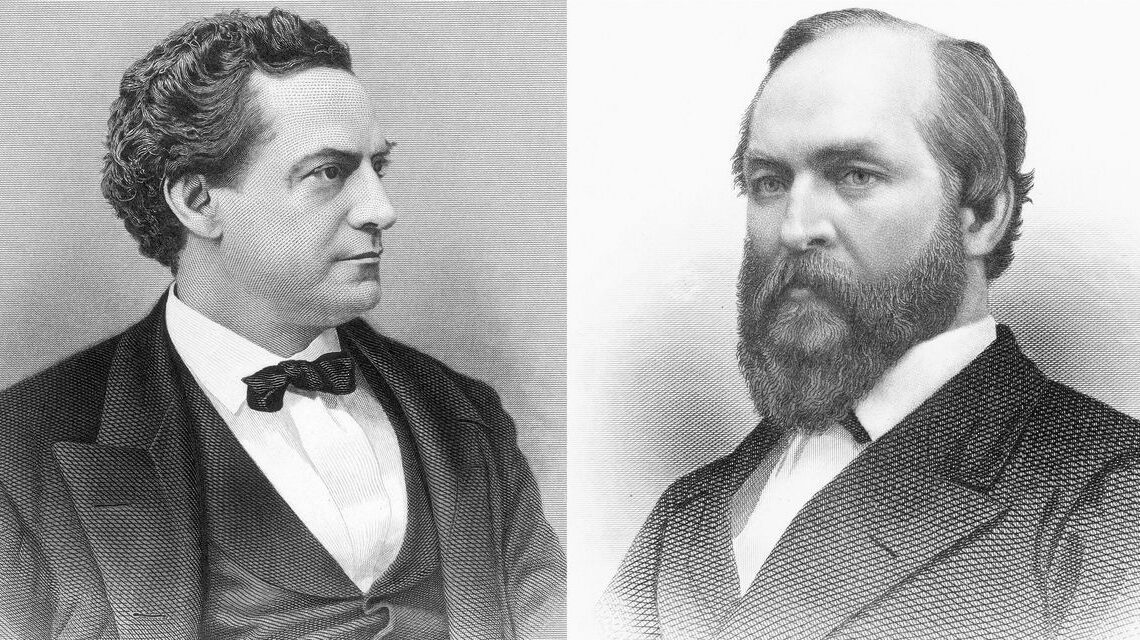The U.S. Treasury began taking steps last week to avoid default on the nation’s $31.4 trillion national debt. The government has been here before, and it will keep arriving here until Congress finds a way to control its voracious appetite for spending. The political will to cut spending is hard to muster. Congressional history shows that the budget process itself creates incentives for excessive spending and budget deficits.
Entitlement programs have accounted for all the growth in federal spending relative to gross domestic product in the past 60 years, causing the persistent budget deficits during that period. Entitlement expenditures are determined differently from so-called discretionary programs. Spending on the latter programs is set by fixed appropriations of money. Entitlement expenditures aren’t fixed in advance but determined by the program’s level of benefits, its eligibility rules and economic factors.
Jurisdiction for entitlement legislation is dispersed among more than a dozen committees in each congressional chamber. In the House, the Agriculture Committee has jurisdiction over farm-support payments and food stamps, the Education and Workforce Committee over student loans and grants, the Ways and Means Committee over Social Security, Medicare hospital insurance and welfare programs, the Energy and Commerce Committee over Medicaid (sharing responsibility for ObamaCare and Medicare Part B with Ways and Means).
In this system, no committee is accountable for total spending. Each committee has a reason to expand its programs and resist attempts to restrain them, but none have an incentive to keep overall spending down.
It’s analogous to the classic tragedy of the commons. Imagine a situation in which many fishermen have access to a commonly owned body of water. Each fisherman has an incentive to catch as many fish as possible, and no fisherman has a reason to restrain his catch. The area is eventually depleted of fish. But there’s one notable difference: Unlike the fisherman, once Congress has exhausted its supply of tax revenue, it can borrow from the future.
Earlier Congresses saw the consequences of dispersed spending authority and used expert committees with specialized knowledge (called authorizing committees) to create programs and their rules of operation. For most of the 19th century, a single committee in each chamber determined the total annual…
Click Here to Read the Full Original Article at RSSOpinion…

